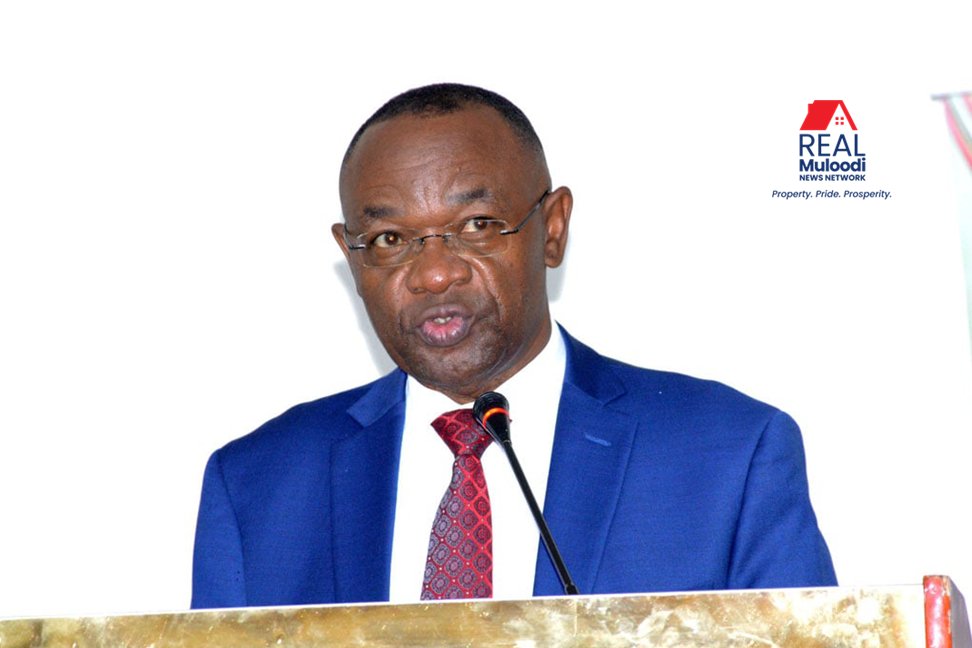UGANDA, Kampala | Real Muloodi News | The government is considering reversing a directive that required districts to remit all local revenues to the national treasury, according to the Minister of Local Government.
This move follows persistent complaints from district leaders that the directive has hindered service delivery due to delayed quarterly releases.
Minister Raphael Magyezi stated that a recent cabinet meeting agreed with the parliamentary decision to reverse the directive, allowing local governments to regain full control over their taxes and plan accordingly.
“It is inappropriate that we take revenue collected from local governments to the centre. In the recent Cabinet meeting, we concurred with the parliamentary decision about one and a half months ago to return powers to the rightful owners so that they can handle it as they’ve planned,” Magyezi said during an event at Mukono Mayor’s Gardens on July 24.
The event also marked the signing of a new contract awarded to China Communications Construction Company Ltd to undertake construction works for an 8.67-kilometre road worth USh46 billion under the five-year Integrated Urban Development Master Plan. The road works are expected to last 18 months.
Under the new arrangement, local governments will be allowed to spend their locally collected revenues, and district accounting officers will be required to use an automated revenue management system, E-logRev, to wire money to the centre.
The government introduced this online tool through the Ministry of Local Government in 2017 to register local taxpayers and facilitate online payments, promoting transparency in public funds accountability.
Magyezi urged district accounting officers to exercise transparency in their operations.
“Corrupt officials were among the many reasons why revenue generated at districts was taken to the center. Let us observe transparency and account for every penny sent to the districts,” he said.
Herbert Humphrey Kyasa, the chairperson of Goma Division in Mukono Municipality, said remitting local revenues to the national treasury has crippled their operations.
“This system defies the whole concept of decentralisation since our powers were usurped by the center. We only survive on their mercy, and quarterly releases hardly come on time, which greatly affects our performance,” Kyasa explained.
Mukono District Chairperson Rev. Peter Bakaluba Mukasa noted that since the directive was implemented, many districts have resorted to borrowing money during emergencies, which incurs interest.
“We have been borrowing money from money lenders, and upon receiving our quarterly release, which is sometimes delayed, we pay back the money with interest, which has greatly affected us,” Mukasa said.
At the onset of decentralisation in 1993, the government envisioned under the Local Government Act that power would be devolved to local authorities to foster political and administrative participation among ordinary citizens, thus improving service delivery and addressing community needs.
However, the 2017 directive, which ordered local governments to send locally generated revenue to the centre, has since been viewed by local government leaders as an indirect way of usurping their powers, as they can no longer decide when to utilise their money.
READ MORE LIKE THIS:
Local Governments to Collect USh1 Trillion in Revenue by 2026
Local Govt Aims to Generate USh1 Trillion Through Revenue Collection Strategy



